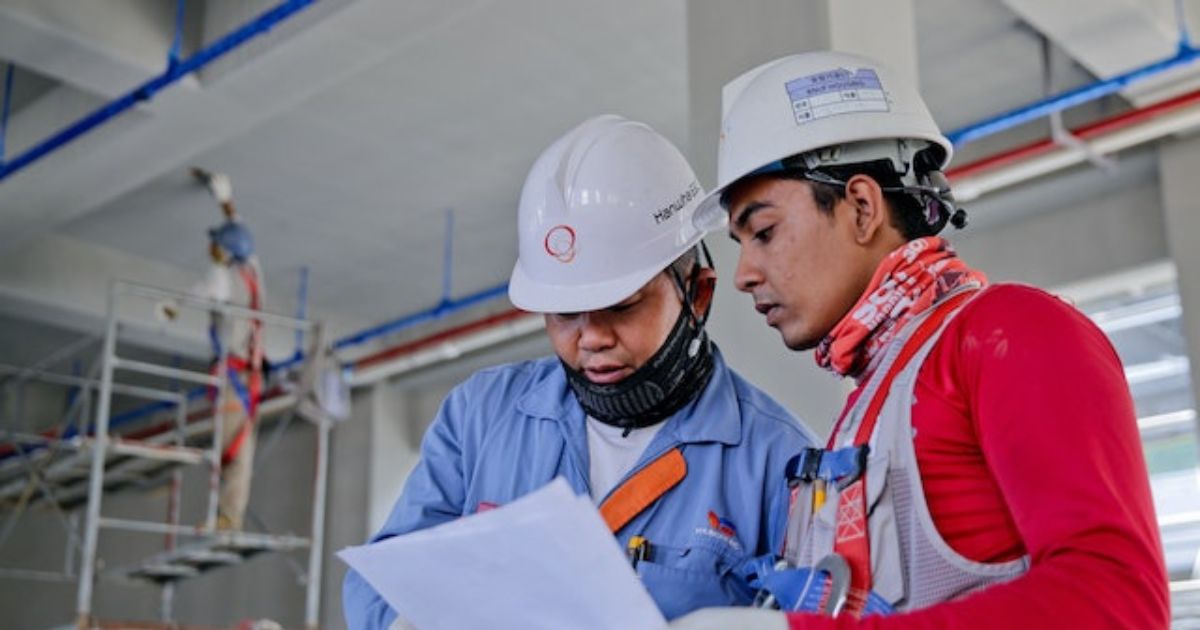
Whether building a new home or renovating it, you must follow building codes. After all, it makes sense since this ruleset is meant to ensure the building is safe when complete. If you don’t follow these rules, you will face legal issues in the future, so always pay attention. However, building codes are pretty intimidating to most people, as they are extensive and sometimes complicated. But, as we already mentioned, you need to familiarize yourself with the building code before starting construction or renovations. So, to help you out, we’ve put together a guide on what you should know about building code requirements in Florida.
Safety Requirements
Naturally, safety is essential to the building code requirements in Florida. Whether it’s a residential or commercial building, you first need to make sure it’s safe. For example, you must have safeguards in place in case of fire, including fire alarms, extinguishers, smoke detectors, and so on. When it comes to larger commercial buildings, there’s a code that states that all equipment needs to be stored in a secure location that doesn’t endanger the public. Other codes related to safety during construction or renovation, are in place mainly to protect neighboring buildings. All in all, you should probably be worried about safety even without building codes. Additionally, if you’re building a home to move into, make sure you know all you should know about HOAs in Florida, as that’s relatively important.
Historical Property Requirements
If you ever find yourself working on a historical property in Florida, there’s one important thing to keep in mind. No matter your intention with the building, you can’t alter what makes it historically significant. This includes the architecture of the building, on the interior, as well as the exterior. This is because the character of a historic building can’t be changed, as that would lead to the building losing its historical significance. Moving into a historic home, for example, can be very exciting as you get to live in a piece of history. However, experts from muvnow.com note that you should only hire the best of the best when moving into one. After all, the last thing you want to do is damage the property when moving into it.
Door Requirements
Regarding building code requirements in Florida, there are a few relating to doors. Firstly, if a door opens into a turning space, a door needs to swing the proper way outwards. Second, every building needs to have enough exit doors so everyone inside can get out in an emergency. This rule is enforced fiercely, as Florida tends to have more natural disasters than other places. Finally, all doors need to be adequately sealed and completely weatherproof. Also, every exit door must have sturdy security locks for obvious reasons.
All in all, doors are a fairly important part of any building, so take these rules seriously. Proper planning is key to a successful move, after all.
Expansion Requirements
When expanding a building, you need to worry about building code requirements. Firstly, you need to know what the original building plans are approved for, and if you plan to change anything, make sure you get permits for it. This applies to expanding outwards and upwards, as adding another floor adds more gravity loads to the building. However, when it comes to developing upwards, this rule doesn’t apply to residential buildings with fewer than 5 units. Additionally, it doesn’t apply if the expansion doesn’t increase the building’s weight load by over 5%. All in all, you should ensure you have the right permits before expanding a facility, but these rules are just as important. Additionally, when renovating your home in Orlando, for example, you can rent out a storage unit to protect your belongings; make sure to find a safe unit for your items, so you won’t have to worry about damage.
Retrofitting Requirements
While unique to rules concerning new construction, retrofitting a building has its specific ruleset. For example, there is a section specifically about increasing the resistance of gable end walls to out-of-plane winds. All in all, however, retrofitting rules are just about as specific as new construction rules, which means that they can get unnecessarily complicated. For example, every stud with a vertical web must be several inches away from another. As such, we highly recommend reading through the retrofitting section to ensure you fully understand it. There are quite a lot of particular rules, and you need to make sure to follow all of them. And if you’re retrofitting your home, once you’re done, make sure you know about proper Florida home maintenance. After all, you want to ensure your home lasts as long as possible without any issues.
